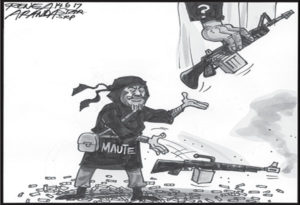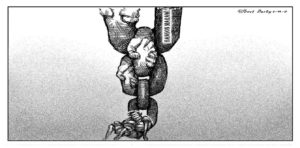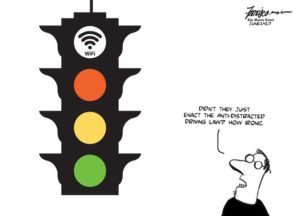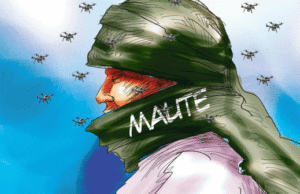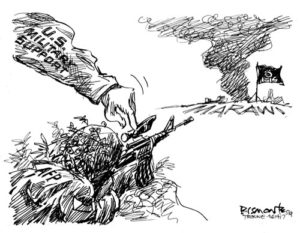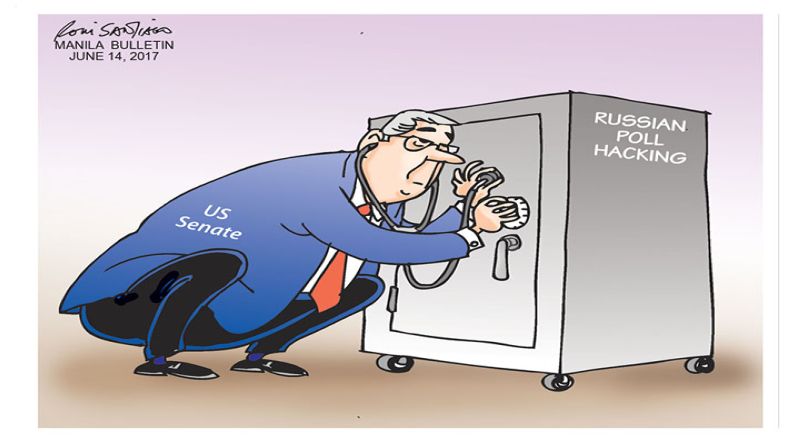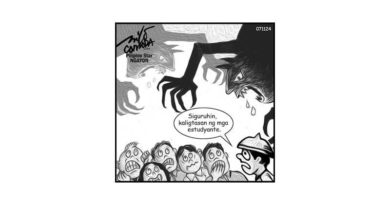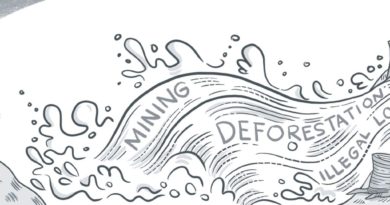The US inquiry on Russian poll hacking
There are two parallel lines of interest and concern in the ongoing inquiry by the United States Senate highlighted by the testimony of former Federal Bureau of Investigation (FBI) Director James Comey.
One is the political angle involving President Donald Trump’s possibly facing a charge of obstruction of justice in the way he dealt with Director Comey, asking him in so many words to drop an FBI probe of Trump’s former national security adviser Michael Flynn.
President Trump’s fellow Republicans in the US Congress are understandably reluctant to press too hard on the case lest it lead to impeachment proceedings against Trump. Already, Trump’s poll figures are down — 57% negative vs. 35% positive in one poll held this month — because of his many decisions and actions that don’t sit well with the American people.
With mid-term elections looming in 2018, Republicans have expressed concern that President Trump’s moves thus far are not helping the party. But party officials such as Speaker Paul Ryan are giving Trump some allowance. With Trump’s lack of political experience, he may not have been “steeped” enough to understand the FBI‘s independence from the White House, Ryan said by way of comment on the Senate inquiry.
But, as the Senate committee emphasized at the beginning of the Comey inquiry, there is a deeper and more important reason for the inquiry and that is to determine how serious Russia’s hacking of US elections has been. The FBI was investigating reports of collusion between Russian officials and Trump campaign people when Trump talked to Comey and later dismissed him from office.
This is the greater concern for many US officials, for it threatens the very core of American democracy — its presidential elections. Russian President Vladimir Putin initially denied there was any such hacking, during the campaign but later admitted that some “patriotic Russians” may have done it.
In the 2016 elections, Russian hackers are believed to have spread campaign materials against Trump’s opponent Hillary Clinton. Some Trump campaign people were allegedly meeting with Russians, including security adviser Flynn who was later dismissed by President Trump. The President’s own son-in-law and senior White House advisor Jared Kushner met with Russian intelligence officers and allegedly asked for secure contact channels between them.
The US Department of Justice has appointed a special counsel – Robert Mueller – who will take over from the FBI. But the Senate inquiry will continue. Between the two —the executive and the legislative — inquiries, the American people hope to get a complete picture of an issue that they and most of the rest of the world continue to follow with the greatest of interest.
